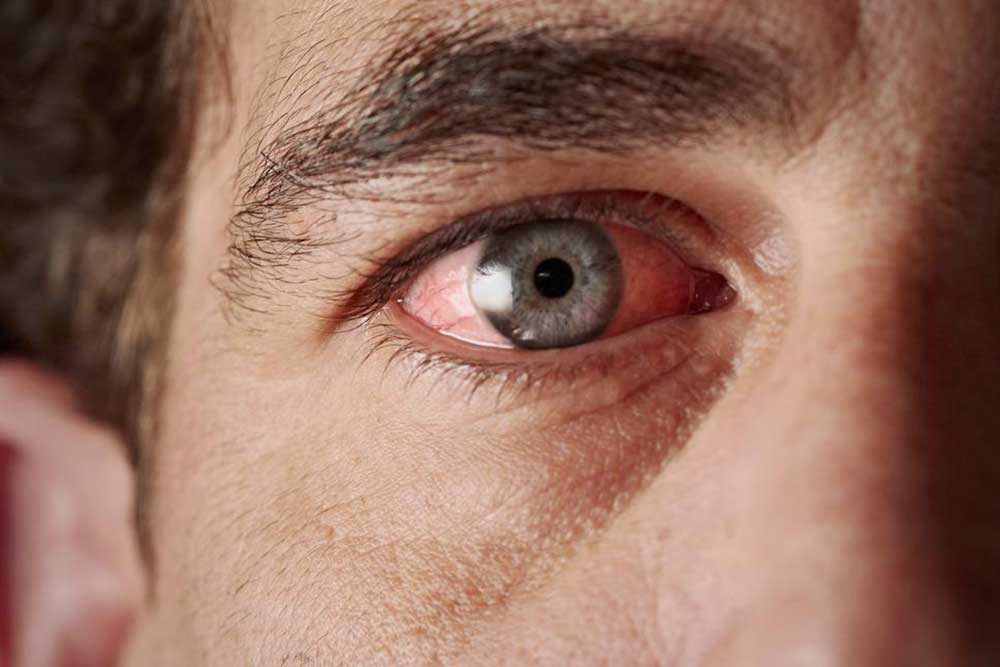Common Causes of Blood Vessel Burst in the Eye
We all know that the human eye is one of the most sensitive organs in the human body, and one of the most important parts of the eye is the conjunctiva, which is a transparent tissue that covers the eye. Numerous tiny blood vessels are located in the conjunctiva and in the space between the conjunctiva and the underlying white part of the eye, known as the sclera.

A subconjunctival haemorrhage, commonly known as ‘blood in the eye’ occurs when the tiny blood vessels break just underneath the conjunctiva. The blood gets trapped giving the white part of the eye a red color. This happens because the conjunctiva cannot absorb blood quickly. Moreover, you won’t realize that you are affected by subconjunctival hemorrhage until and unless you look in the mirror and notice the white part of the eye turning red.
As the conjunctiva covers only the white part of the eye, the central part i.e. the cornea is unaffected by subconjunctival hemorrhage. Therefore, any bleeding in the eye due to subconjunctival hemorrhage does not affect your vision as the cornea is responsible for your eyesight. Moreover, a subconjunctival hemorrhage often occurs without causing any obvious harm to your eye. It generally disappears within two weeks or so.
Risk Factors for Subconjunctival Haemorrhage
There are several risk factors that cause blood vessels to burst in the eye. These include:
- Persons affected with diabetes.
- Persons with hypertension or high blood pressure.
- Consumption of certain blood-thinning medications such as aspirin or warfarin.
- Persons having blood-clotting disorders.
Causes of Blood Vessel Burst in Eye
The causes of blood vessel burst in eyes aren’t always known, but the following conditions are sometimes responsible for causing small blood vessels to rupture in your eye:
- Persons with accidental injury, especially in the face can suffer from subconjunctival hemorrhage.
- Eyestrain is considered to be one of the common causes of blood vessel burst in eyes.
- Violent coughing and forceful sneezing can lead to blood vessels in the eye to get ruptured leading to subconjunctival hemorrhage.
- Lifting heavy objects and doing high-intensity workouts can also be one of the causes of blood vessel burst in eyes.
- Certain eye infections can also be responsible for subconjunctival hemorrhage.
- Deficiency in certain vitamins such as Vitamin C can cause subconjunctival hemorrhage.
Immediate medical consultation is strongly recommended in such cases. This is because if not treated on time and properly, blood vessel burst in the eyes can lead to severe health problems and can affect the eyesight.











